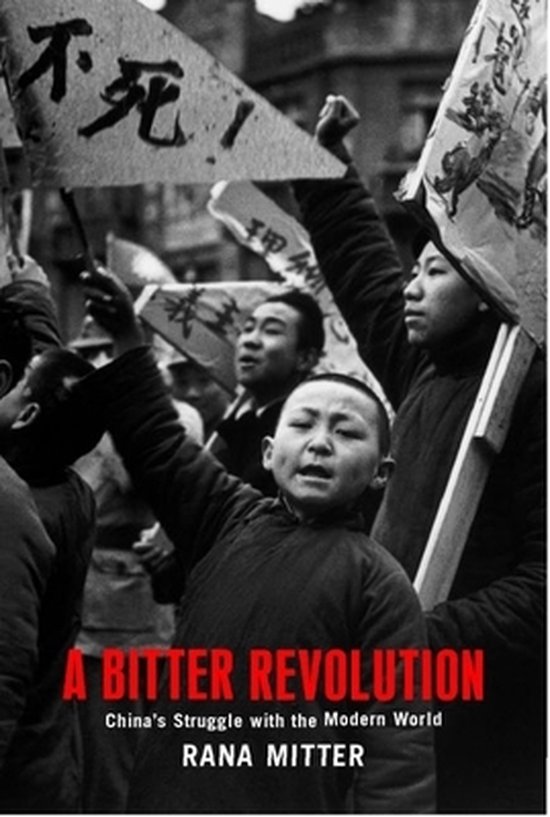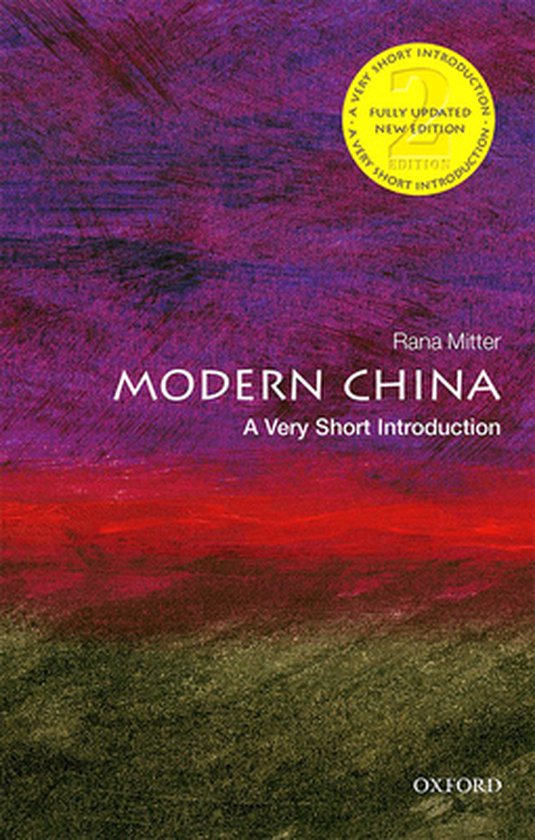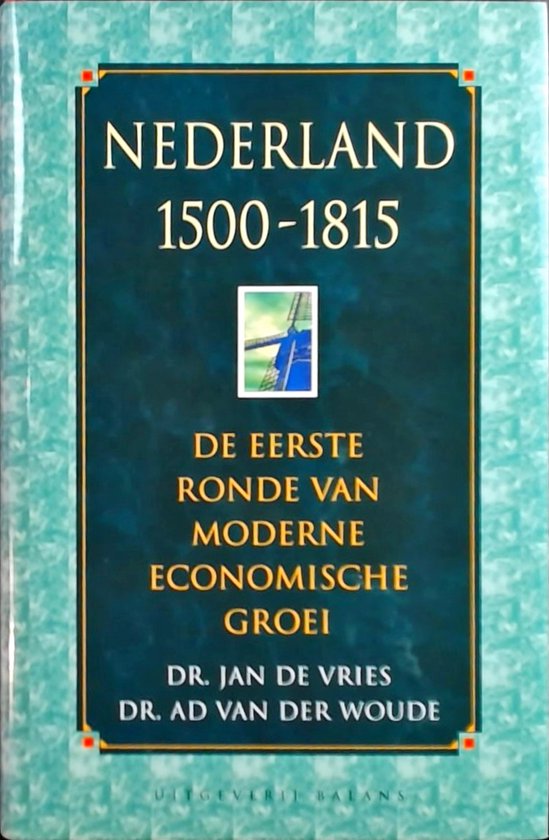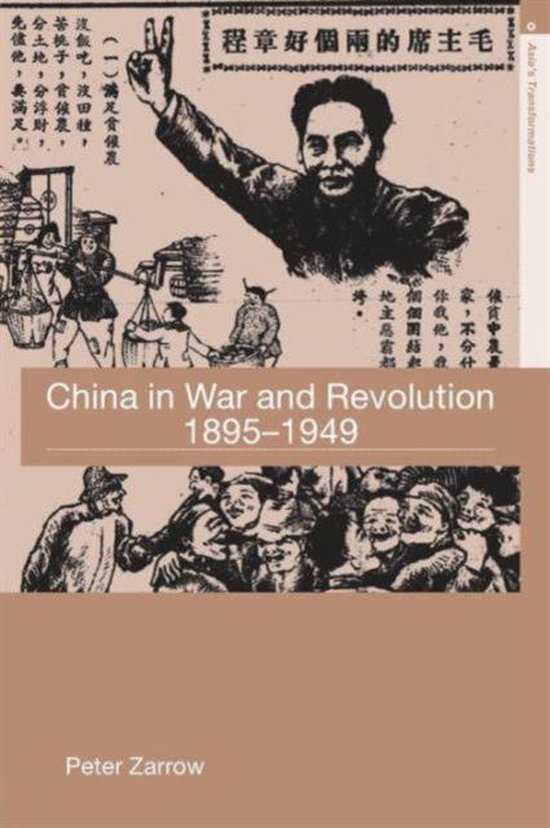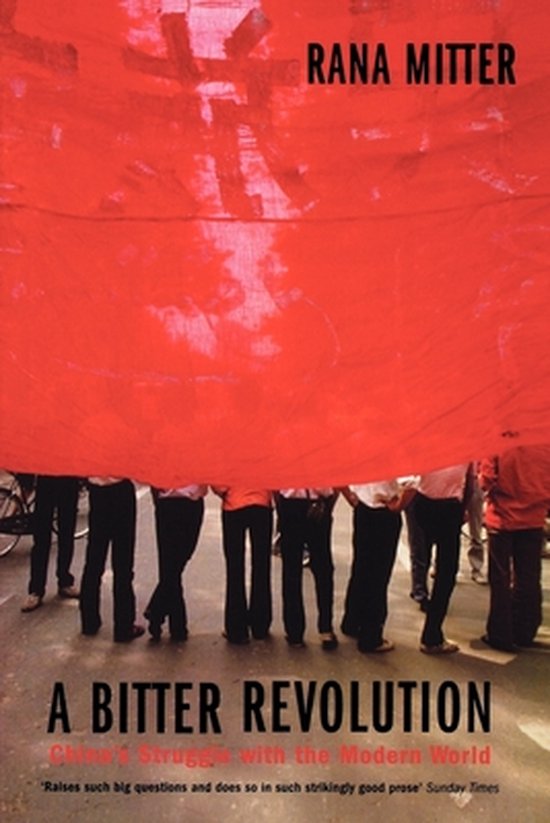
Bitter Revolution
China is poised to take a key role on the world stage, but in the early twentieth century the situation could not have been more different. This book goes back to this pivotal moment in Chinese history to uncover the origins of the painful transition from a premodern past into a modern world.
China is now poised to take a key role on the world stage, but in the early twentieth century the situation could not have been more different. Rana Mitter goes back to this pivotal moment in Chinese history to uncover the origins of the painful transition from a premodern past into a modern world. By the 1920s the seemingly civilized world shaped over the last two thousand years by the legacy of the great philosopher Confucius was falling apart in the face of western imperialism and internal warfare. Chinese cities still bore the imprints of its ancient past with narrow, lanes and temples to long-worshipped gods, but these were starting to change with the influx of foreign traders, teachers, and missionaries, all eager to shape China's ancient past into a modern present. Mitter takes us through the resulting social turmoil and political promise, the devastating war against Japan in the 1940s, Communism and the Cultural Revolution of the 1960s, and the new era of hope in the 1980s ended by the Tian'anmen uprising. He reveals the impetus behind the dramatic changes in Chinese culture and politics as being China's "New Culture" - a strain of thought which celebrated youth, individualism, and the heady mixture of strange and seductive new cultures from places as far apart as America, India, and Japan.
China is now poised to take a key role on the world stage, but in the early twentieth century the situation could not have been more different. Rana Mitter goes back to this pivotal moment in Chinese history to uncover the origins of the painful transition from a premodern past into a modern world. By the 1920s the seemingly civilized world shaped over the last two thousand years by the legacy of the great philosopher Confucius was falling apart in the face of western imperialism and internal warfare. Chinese cities still bore the imprints of its ancient past with narrow, lanes and temples to long-worshipped gods, but these were starting to change with the influx of foreign traders, teachers, and missionaries, all eager to shape China's ancient past into a modern present. Mitter takes us through the resulting social turmoil and political promise, the devastating war against Japan in the 1940s, Communism and the Cultural Revolution of the 1960s, and the new era of hope in the 1980s ended by the Tian'anmen uprising. He reveals the impetus behind the dramatic changes in Chinese culture and politics as being China's "New Culture" - a strain of thought which celebrated youth, individualism, and the heady mixture of strange and seductive new cultures from places as far apart as America, India, and Japan.
| Auteur | | Rana Mitter |
| Taal | | Engels |
| Type | | Paperback |
| Categorie | | Geschiedenis |
